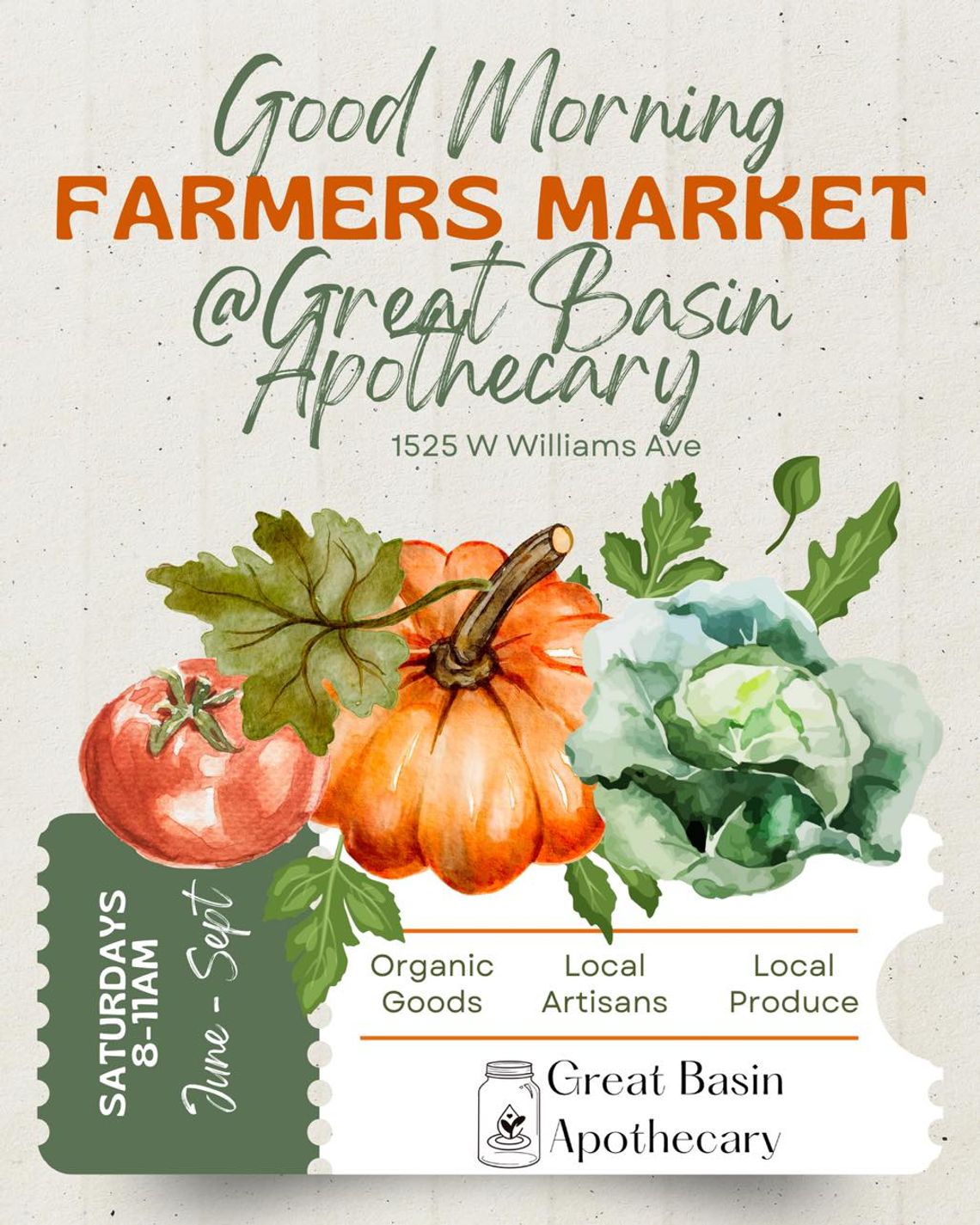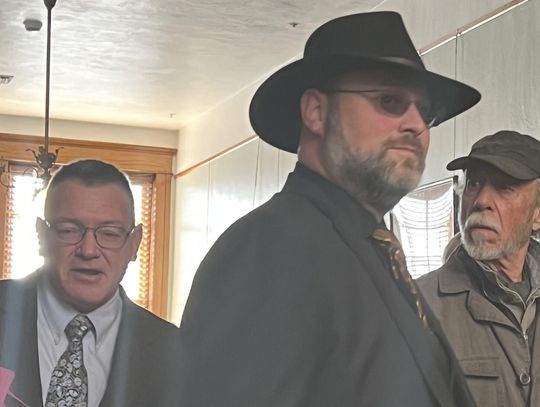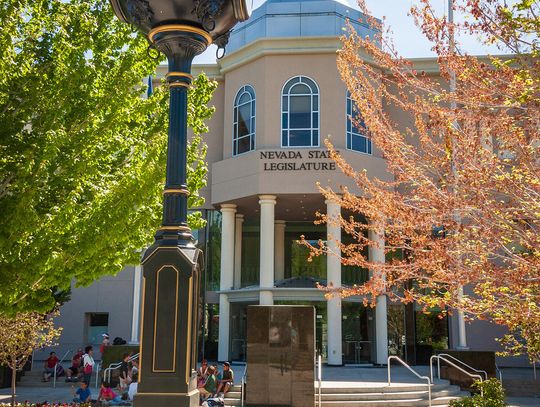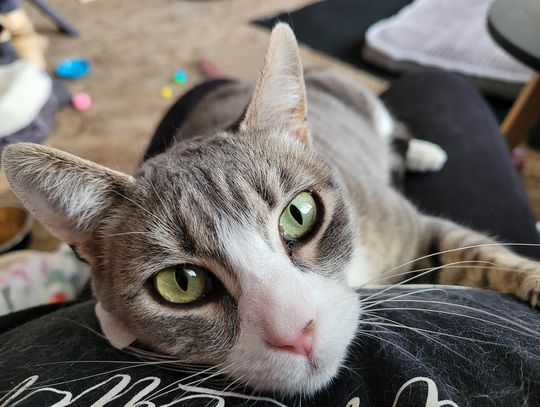Usually, this article focuses on a discussion about something delicious. This time we are going to talk about something different.
What we are doing when we prepare tasty and nutritious meals is satiating hunger. The ability I have to fully satiate my hunger at any given moment is a privilege. There are so many in our community who do not have the same ability. Some folks struggle to afford enough food to put their children to bed at night with a full belly or skip meals to ensure that their food doesn’t run out before they have money to buy more.
Feeding America is a non-profit with a nationwide presence that aims to remedy the hunger crisis in our country. In addition to providing support to food bank networks in every state, Feeding America conducts an annual Map the Meal Gap study to gauge the level of food insecurity and food costs in every county of the United States. In the latest study, Feeding America identified that 11.5% (over 2800 people) of Churchill County residents are food insecure. That food insecurity comes despite the low average price per meal in this county of $3.32. I don’t know about you, but I can’t remember the last time that I ate a meal that cost less than $4 per portion. To meet the food needs of households in our community, it would cost $1,517,000 in additional food spending.
So often, hunger in a community goes unnoticed. When we started doing produce distribution at the William N. Pennington Life Center last June, we heard so many stories from real people who were struggling to feed their families. Almost every story started with the statement “We are doing okay but…” Usually, this statement was followed by a description of an unexpected life event–a health emergency, the need for vehicle repair, or an accident. We heard about folks cutting fresh fruit out of their grocery list because the price was just too high. This is food insecurity and the people who are experiencing it are our parents and grandparents, our children’s classmates, our neighbors in every neighborhood, and people who are working full-time but are underpaid.
One of my greatest frustrations working in the food security space is that not all people with food insecurity can access programs designed to combat food insecurity. To be eligible for SNAP benefits from the government or to access Feeding America-affiliated food distribution, a person has to meet the threshold of 200% poverty. In 2023, the 200% Federal Poverty Level for a single person is $2,265 of income per month. In Churchill County, 36% of our food-insecure neighbors are not able to access services because they make just a little bit too much money.
Later today, a variety of community members are meeting with Senator Cortez Masto at the Rafter 3C center to talk about the farm bill. The farm bill is a very large, very complicated piece of legislation that touches every one of us. Within the farm bill are the summer food and school nutrition programs, SNAP-EBT, double-up farm bucks to use at farmers’ markets, the local food promotion program and farmers market promotion program grants, farm subsidies, and so much more. The farm bill makes its way through Congress every five years, so we have an opportunity right now (and not again until 2028) to advocate for programs that make a difference in our communities and to secure funding for the programs that make the most impact.
The second event is one that I am inviting you to attend urging you to attend. The Empty Bowls Project is an international movement that challenges folks to think globally and act locally to erase food insecurity. The grassroots movement led by artists and craftspeople is aimed to raise awareness and resources around hunger in our communities. Here in Fallon, the talented art students from Churchill County High School, under the guidance of instructor Jaime Shafer, have crafted hundreds of ceramic bowls. On Sunday, April 16, visit the Churchill County Library between 12 and 3 p.m. where you can swap shelf-stable food items or a cash donation for your very own, handmade bowl filled with as much soup as you can eat.
Food donations help stock the Karma Box located at the Fallon Chamber of Commerce and cash donations support programming at the library. The first step in solving a problem is to acknowledge that the problem exists. However, you choose to do it, please acknowledge the challenges in our community related to food access and hunger. By acknowledging and responding, we take the first step toward viable solutions.








































Comment
Comments